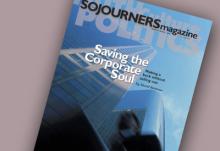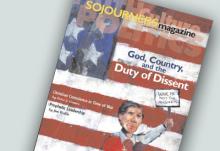Feature
The Gallery at the American Bible Society in New York City recently presented "Reflections on Glass: 20th Century Stained Glass in American Art and Architecture."
Philip Berrigan, 79, the first American Catholic priest jailed for political dissent, according to one biographer, died on December 6, 2002, in Baltimore, Maryland.
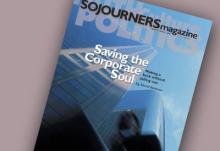
Walking around my hometown of San Francisco, I am always struck by a remarkable cultural vibrancy that translates into religious dynamism.
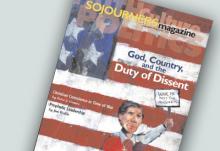
William Gates Sr.—whose son is Microsoft founder Bill Gates—joins with co-author Chuck Collins to argue that the wealthiest among us have an obligation to pay their fair share.
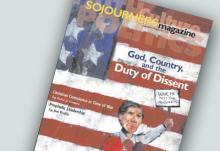
Around the world publicly owned, government-run water utilities are being sold off to for-profit companies.
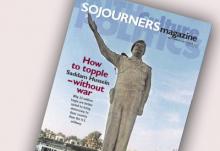
For Louisiana writer Ernest Gaines, home is the place where you're torn between the difficulty of leaving and the terror of staying.
